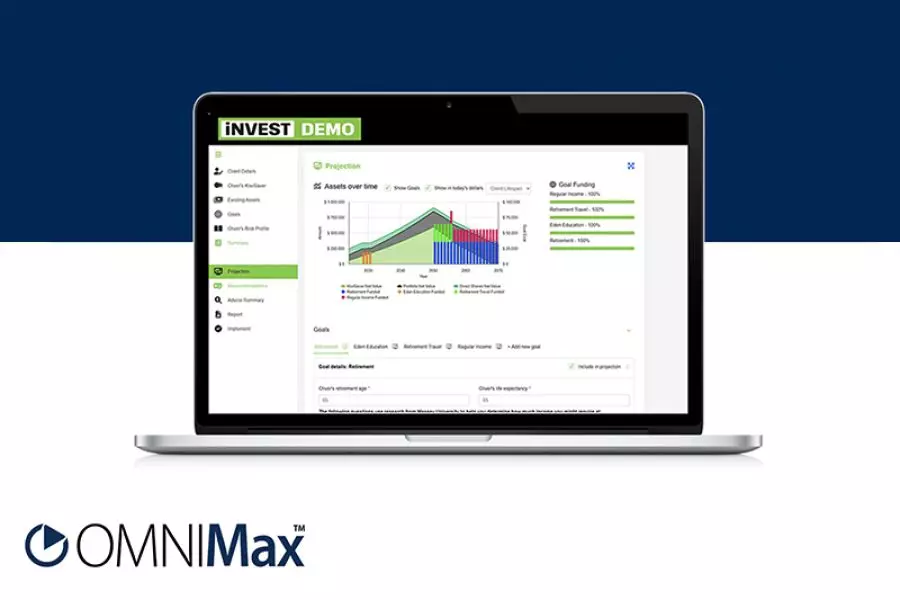GR_Special Report
Wealthpoint advisers ‘cautiously optimistic’

Wednesday 13th of May 2020
The survey, conducted in mid-April, had a 92% response rate and was designed to gauge the resilience of member businesses, understand potential impacts on financial forecasting, gain feedback on how well suppliers were supporting clients and advisers, and understand what additional support members needed from Wealthpoint.
While most business had adjusted expectations about new business...
Want to read the full article?
Click the button below to subscribe and will have unlimited access to full article and all other articles on the site.
Latest News
Latest Comments
Are life advisers expected to recommend the ‘best’ product?
Well said! The FMA is going to act on answers to questions asked that don't put the client first.
Mentat’s point on considering all of the market variables is what we all should be considering. Yes, its more work, but that's what we’re paid for.
This is also where good scope definitions are critical. Its fine to state you only consider one insurer; you could go as far as saying you only provide $500k life cover contracts from one insurer.
If its scoped and disclosed appropriately and the client accepts that scope of service, then go for gold. But don't expect that client to remain one, because another adviser explaining all of the above will pick them up in a heartbeat.
2 weeks ago Jon-Paul Hale
Sold sign goes up on Consilium
Congratulations to Scott and the outstanding team at Consilium. When I first joined as a partner firm, there were about eight staff and no platform. But they did have a dream and spoke the same investment language I understood and believed in. Courageously built and beautifully executed at sale time. Well done.
2 weeks ago John Milner
Why did ANZ's adviser originated loans fall in the past six months?
Talking to a lot of advisers around the country a lot say that when ANZ disallowed advisers to negotiates new interest rates for their customers with ANZ took away a part of the adviser's service to their customers, of which advisers had been doing for a long time. ANZ customers are now directed to lock in a new fixed term interest direct online without any advice, not all customers want this.
2 weeks ago Valkyrie Vulcan
Are life advisers expected to recommend the ‘best’ product?
"I know the FMA will not accept an adviser using the, "well, they rate the best" as sufficient rationale for suitability and marketing only 1 insurer. Also, using that same phrase for changing a client's insurer."
That's an interesting thing to 'know' with such clarity.
It's a good discussion point, but if you want a more realistic glimpse of what is likely to happen here in the future, speak to those involved in the Australian market about the removal of the 'safe harbour' provision in their financial advice regulation.
Not only is it likely that product research into features and benefits likely to become more necessary, not less, but it also seems more and more likely that the actual underwriting terms offered across the entire market will need to be considered.
Sounds good, right? In theory this might be true if all insurers were roughly of equivalent standard in underwriting and product with minor divergences. In practice, this will likely mean it's actively wrong to NOT market only one insurer for the majority of cases - whichever insurer currently has the best product to price to underwriting ratio, and marketing any insurer other than that one will be actively breaching regulation.
3 weeks ago Ross Alexander
Are life advisers expected to recommend the ‘best’ product?
From my two FMA audits, I believe the regulator just needs a reasonable and logical justification for why you selected a particular insurer. If you can't provide one and the product selected just happens to pay the highest commission in the market, then problems could be coming your way.
3 weeks ago Bryan Tucker









